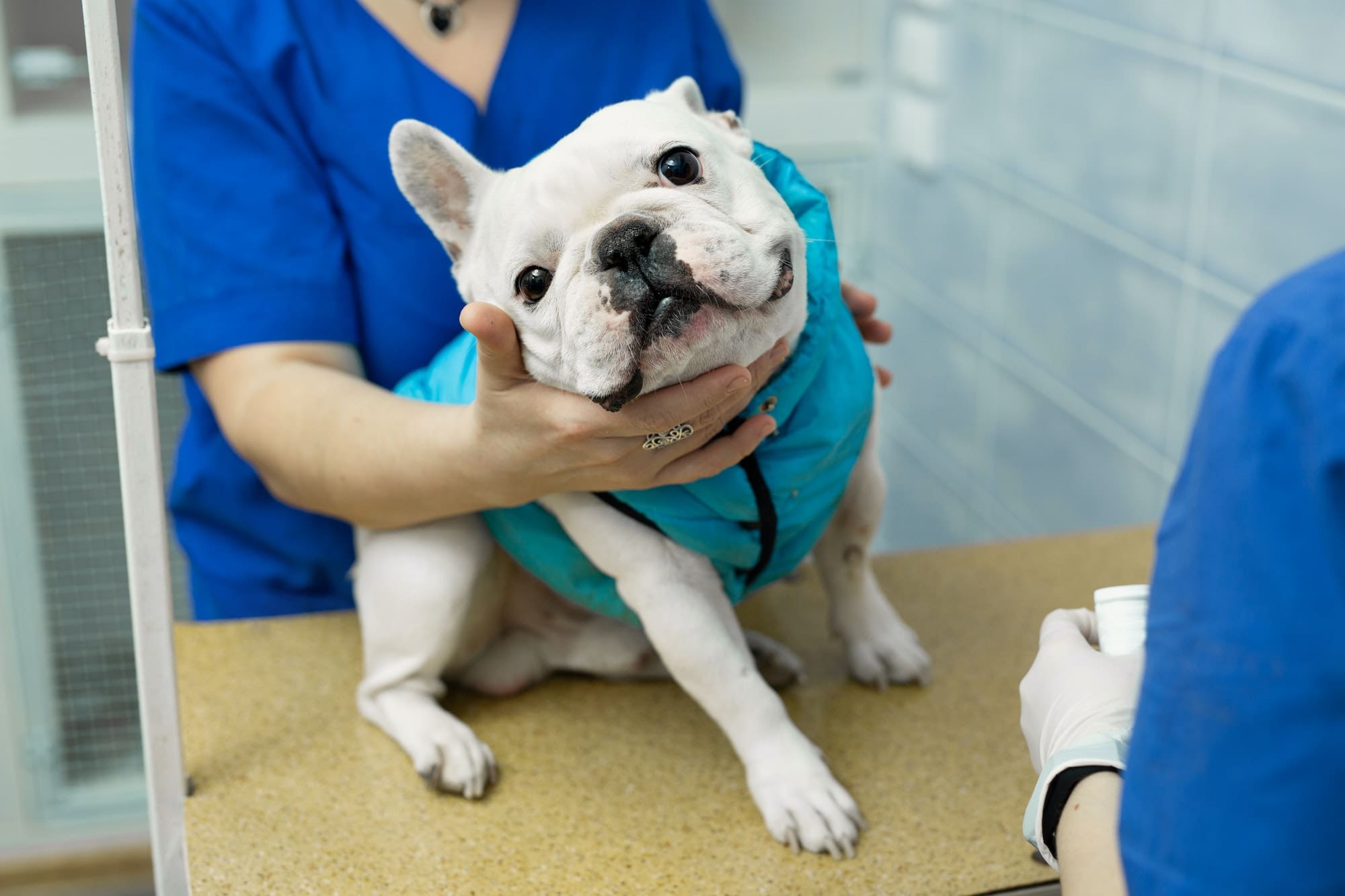So you've just welcomed a new addition to your family – a cute, furry little puppy. As a responsible pet owner, ensuring the health and well-being of your new fur baby is a top priority. One crucial aspect of puppy care is deworming, which helps protect them from pesky parasites lurking inside their tiny bodies. But, you may be wondering, what is the recommended schedule for deworming your puppy? Well, fret not! In this article, we'll guide you through the ideal timeline for deworming your little bundle of joy, allowing you to keep them happy, healthy, and parasite-free.
Why is Deworming Important for Puppies?
Deworming is an essential aspect of caring for your puppy's health. Puppies are particularly vulnerable to parasitic infestations, and deworming helps to prevent and treat these issues. By eliminating internal parasites, you can safeguard your puppy's well-being and promote their growth and development.
Common Parasites in Puppies
Puppies can be affected by various parasites, including roundworms, hookworms, whipworms, and tapeworms. These parasites can be contracted through ingestion of contaminated food, water, or soil, as well as through contact with infected animals. It is important to note that some parasitic infections can even be transmitted to humans, posing a potential health risk for the entire family.
Effects of Parasites on Puppies
Parasitic infestations can have detrimental effects on a puppy's overall health and well-being. These parasites live in the intestines and absorb the essential nutrients from the puppy's diet, leading to malnutrition. As a result, puppies may experience stunted growth, weight loss, diarrhea, anemia, and a weakened immune system. Severe infestations can even be life-threatening for young and vulnerable puppies.
Benefits of Deworming Puppies
Deworming your puppy offers several important benefits. Firstly, it helps eliminate existing parasite infestations and prevents further complications. Deworming also helps protect your puppy from potential zoonotic infections, which can be transmitted to humans. By ensuring your puppy's healthy development, deworming contributes to their overall well-being and longevity.
Initial Deworming
It is crucial to initiate deworming in puppies at a specific age to effectively address any existing parasites and prevent the risk of infestations in the future.
Deworming at a Specific Age
Typically, deworming is started when puppies are around two to three weeks old. At this age, they can be given deworming medication to eliminate any parasites they may have acquired from their mother or the surroundings. Subsequent deworming sessions are usually scheduled to ensure comprehensive treatment and prevention of reinfestation.
Types of Dewormers to Use
There are several types of dewormers available for puppies, including oral medications and topical treatments. Broad-spectrum dewormers are commonly recommended, as they can effectively target and eliminate multiple types of parasites. It is important to consult with your veterinarian to determine the most suitable deworming medication for your puppy based on their age, health condition, and the specific parasites they may be exposed to.
Follow-up Deworming
Regular follow-up deworming sessions are necessary to ensure complete elimination of parasites and prevent reinfestation in puppies.
Interval between Deworming Sessions
Following the initial deworming, subsequent sessions are typically scheduled every two to three weeks until the puppy is around four months old. This interval allows for the eradication of parasites at different stages of their life cycle, ensuring comprehensive treatment. Your veterinarian will provide a specific deworming schedule tailored to your puppy's needs.
Types of Dewormers to Use
Similar to the initial deworming, broad-spectrum dewormers are often recommended for follow-up sessions. These medications can effectively target and eliminate any remaining parasites and prevent new infestations. Your veterinarian will guide you on the appropriate deworming medication, dosage, and duration of treatment.
Special Cases
Certain scenarios may require additional attention when it comes to deworming puppies. These include shelter or rescue puppies and those in high-risk environments.
Deworming for Shelter or Rescue Puppies
Shelter or rescue puppies often come from environments where there is a higher likelihood of exposure to parasites. In such cases, deworming protocols may need to be tailored to address specific parasite issues. Veterinarians specializing in shelter medicine can provide guidance on the most effective deworming approaches for these puppies to ensure their health and successful adoption.
Deworming for Puppies in High-Risk Environments
Puppies who reside in high-risk environments, such as rural areas with a higher prevalence of parasites or households with multiple pets, may require more frequent deworming sessions. The increased exposure to parasites heightens the risk of infestation, necessitating a proactive approach to deworming. Consult your veterinarian to develop a deworming plan that suits your puppy's unique risk factors.
Preventing Reinfestation
To minimize the chances of reinfestation, it is crucial to maintain a clean living environment for your puppy and schedule regular veterinary check-ups.
Maintaining a Clean Living Environment
Regular hygiene practices such as cleaning your puppy's bedding, toys, and living areas can help prevent reinfestation. Regularly removing feces from the yard and avoiding areas with heavy parasite contamination can also reduce the risk of exposure. By maintaining a clean living environment, you create a healthier and safer space for your puppy.
Regular Veterinary Check-ups
Regular veterinary check-ups are essential to monitor your puppy's overall health and address any emerging issues promptly. Veterinary professionals can assess the effectiveness of deworming treatments and recommend any necessary adjustments. They can also offer guidance on preventive measures to further protect your puppy from parasites.
Conclusion
Deworming your puppy is a crucial part of their healthcare routine. By addressing and preventing parasitic infestations, you are safeguarding their health, promoting proper growth and development, and reducing the risk of zoonotic infections. It is important to consult with your veterinarian to determine the most appropriate deworming schedule and medications for your puppy. By proactively managing parasitic risks, you are giving your puppy the best chance at a healthy and happy life.






